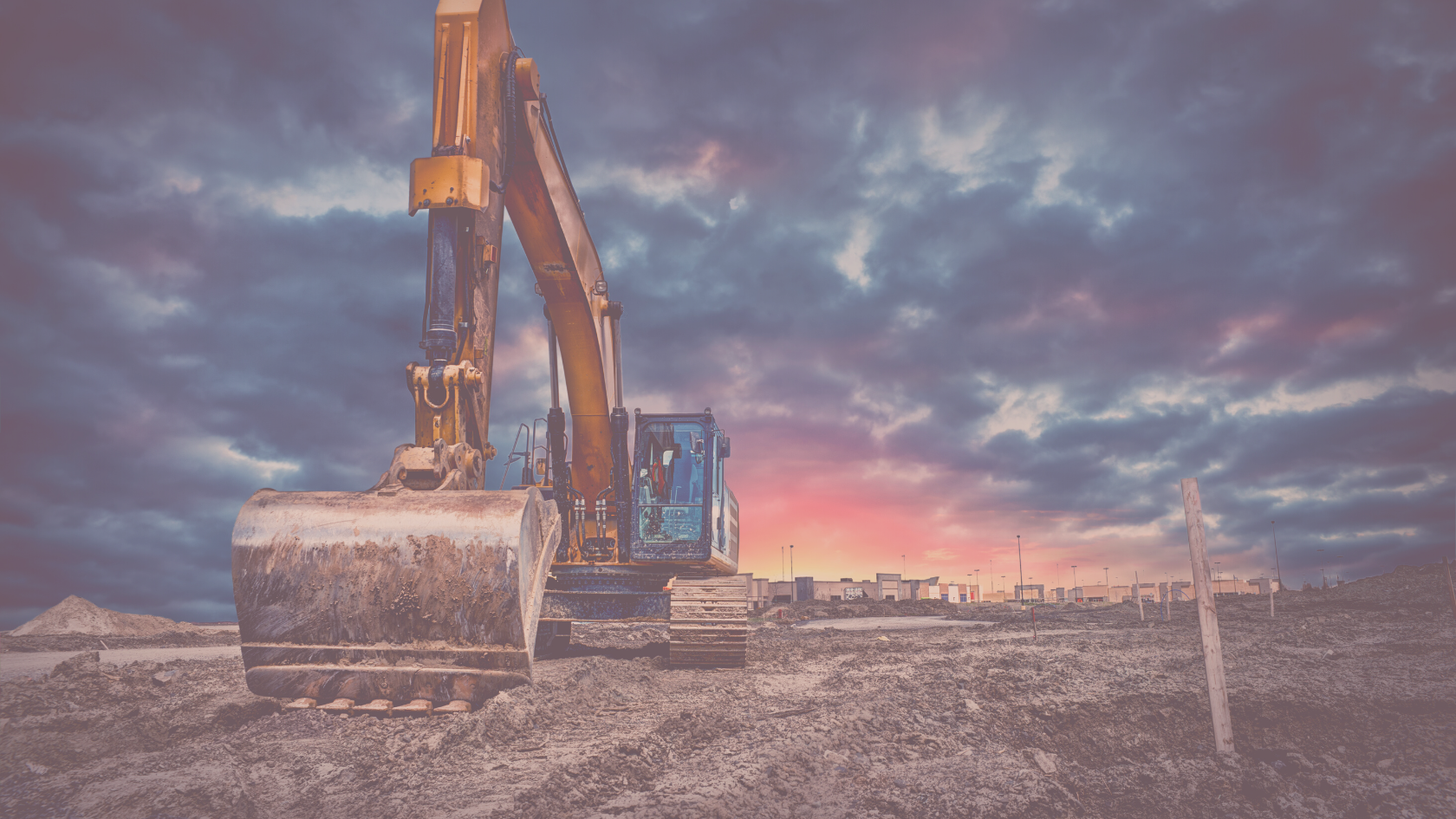Ok, so you’ve bought or you’re considering buying pre-construction. It’s exciting – offers buyers the chance to customize their own home, make some money, the benefits go on and on.
However, it’s easy to get caught off guard with closing costs. These hidden costs vary, depending on the value of the home or condo, municipality, and whether or not you’re first-time home buyer, investor or smart-sizer.
Explained here are some of the most common pre-construction closing:
Interim Occupancy vs. Final Closing
There are two different types of closing when buying a pre-construction property.
Interim occupancy specifically refers to the time period when your unit is ready but construction on the entire building isn’t complete and the residence isn’t officially registered with The Land Registry Office.
While interim occupancy is beneficial because it means you can take possession earlier, rather than have to wait for the developer to complete all the other units in the building before you can move in, it does add extra costs.
As you don’t have ownership title, you cannot yet register for a mortgage. Instead, during the interim occupancy period, you’ll have to pay the developer a fee during this period until final closing arrives.
The monthly interim occupancy fee tends to be significantly lower than what a mortgage would costs per-month. The developer must charge the interim fees at-cost and the Condominium Act explicitly outlines that real estate developers are not able to make a profit through these fees. Simply put, developers are incentivized to ensure that this period is as short as possible because they’ll only make a profit once final closing arrives.
The fee is made up of three components:
- Estimate of monthly municipal property taxes
- Condominium Fees (similar to maintenance fees, costs involved in running and operating the building).
- Interest on your unpaid balance of the purchase price. Simply put, you’re paying off the interest the real estate developer owes to the bank for your unit.
Development Charges
Development Charges (also known as Development Levies) are fees the local municipal government charges all property developers for any new residential property built. The idea is that that government makes the developer share in the overall cost of adding new homes to a community by making them help pay for expanding local public infrastructure. Development charges pay for things like new additions to an area such as new roads, parks, school, sewage lines, electrical lines, etc. A portion of these costs are typically passed on to the new home buyer.
This is one of the most substantial fees you will come across. Strong negotiations on ensuring there is a cap on development charges are super important, to avoid any surprises at closing.
Utility Connections
With new condo buildings all utilities for the building have to be setup and connected (water, hydro, gas) incurring a cost shared amongst all unit owners in the building. Your fee will vary depending on the size of your building.
Tarion Warranty
Tarion is the official regulator of Ontario’s new home building industry. Tarion is essentially a consumer protection agency for new construction buyers, ensuring they fully get what they paid for with their new property. Tarion is responsible for registering new developers, ensuring they adhere to all residential building codes mandated by the Ontario government, investigating illegal building practices, resolving warranty issues for consumers, and promoting high construction standards with property developers. All new homes in Ontario come standard with a Tarion warranty, but you must pay for it at closing.
Your Tarion Warranty provides the following coverage:
- Deposits (paid to the builder prior to the construction of the home)
- Protection against unauthorized substitutions
- Certain defects in work and material (one- and two-year warranties)
- Seven-year warranty for major structural defects
- Coverage for common elements in condominiums
- Compensation for construction delays or occupancy
- Against financial loss for contract homes
More information in regards to the coverage can be found on the Tarion website. The cost of enrolment depends on the purchase price of your home, which you can calculate here.
Legal Fees
These fees get paid to your lawyer and will really depend on who your lawyer is and what their hourly rate is. Total closing fees payable to your lawyer are typically around $1500-$2000. Always shop around for competitive rates and experienced lawyers.
Land Transfer Tax
Whenever residential property is sold (whether pre-construction or resale) in Ontario, both the provincial and municipal governments charge the buyer a tax for transferring the property from the outgoing property owner to the new one. This tax is payable by the buyer upon closing. For properties under $500,000, Land Transfer Taxes typically amount to 2% of the purchase price – 1% paid to the Ontario government and 1% paid to the municipal government where the property is located.
To make it simpler, we recommend using the following land transfer tax calculator to find out the approximate amount you’d be paying.
HST
Unlike a re-sale unit, a new-build requires you to pay HST on top of the purchase. Having said that, most pre-construction project pricing usually include the HST. In fact, the builders get the HST rebate (a maximum of $24,000) on your behalf. However, if the property is not your principal residence (i.e. investment property), you will be dinged with a tax bill of 13 per cent of your home’s purchase price.
If you’re planning on using the home as an investment, make sure to budget for this additional tax. If this is an investment property, and you choose to lease out the unit for a minimum of one year, you could be eligible to apply for the New Residential Rental Property Rebate from the Federal Government.
As indicated in the Ontario Fair Housing Act, there’s also an additional 15-per-cent Non-Resident Speculative Tax (NRST). Again, if you’re not a Canadian Citizen, or a non-Permanent Resident holder, make sure to budget for this tax as well.
Hidden Miscellaneous Fees within your agreement of purchase and Sale.
Your agreement of purchase and sale will contain miscellaneous builder charges and administrative fees. Some examples are provided below:
- Non-Sufficient Funds (NSF) or Returned Cheque Fee
- Vendor Solicitor Fees
- Fee to bring the Agreement back into good standing after default
- Purchaser delay of Closing Date
- Missed or insufficient notice for design centre appointment
The Bottom Line
Closing costs are generally rising every year in Toronto. Despite the stress, buying a pre-construction unit is fun and can be lucrative. Do your research, work with the right people to avoid any major issues and surprises.
[su_heading size=”25″]Step-By-Step[/su_heading]
An insider’s guide to buying new construction in Toronto.
[su_list]



